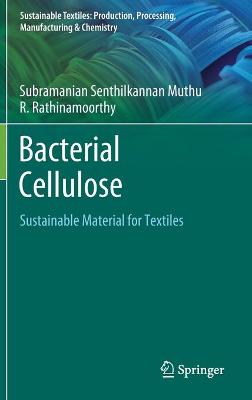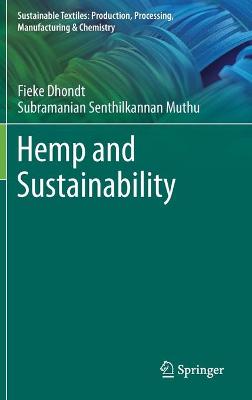Sustainable Textiles: Production, Processing, Manufacturing & Chemistry
2 total works
Bacterial Cellulose
by Subramanian Senthilkannan Muthu and Rathinamoorthy R
This book presents the potential of bacterial cellulose in the textile and fashion industry. Most of the earlier work on the bacterial cellulose was focused on the bio technology application of cellulose, but the recent urge for the need of a sustainable material in the fashion and textile industries identified the scope of the bacterial cellulose in this aspect. The unique feature of this book is that it relates the bio technological aspects of bacterial cellulose with the sustainable issues in the fashion industry.

